Grief is the acute pain that accompanies loss. Because it is a reflection of what we love, the pain can feel like a huge storm of unavoidable despair. Waves of grief will come and go. Grief is a slow process of coming to terms of inevitable change that we do not want to accept. People come to understand losses rather quickly in intellectual terms, but are challenged with emotional and behavioral understanding, which takes far longer. Adjusting to a world without someone you loved is difficult. Everyone’s journey through grief is as unique as a fingerprint, no two are the same.
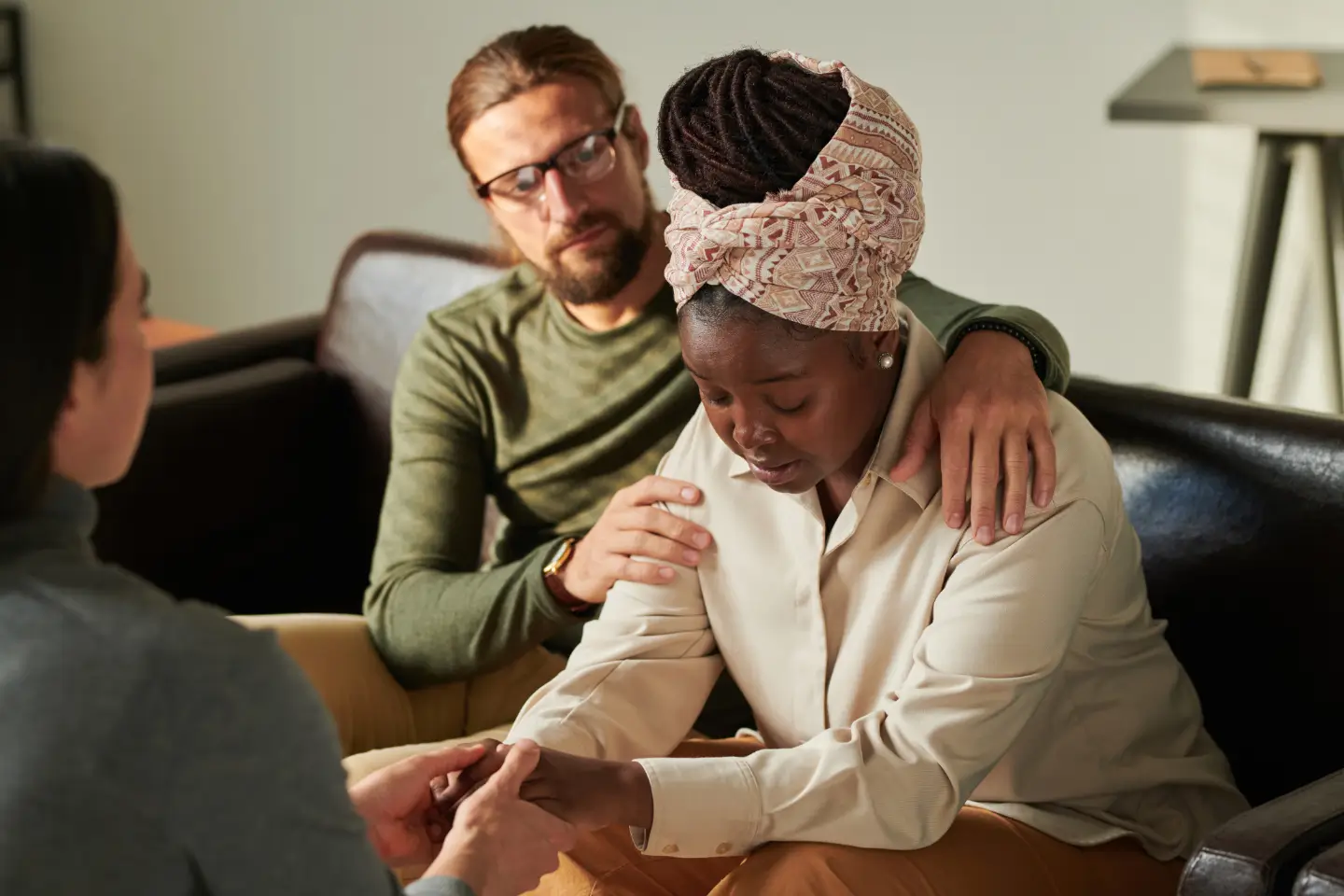
Children are often the forgotten mourners. Children grieve differently than adults. In fact, you may not recognize they are grieving. When a loss happens in a child’s life, they look at their parents or guardians to how they are suppose to react. Children are watching and listening. Children learn good grief coping skills when they are told the truth, allowed to ask questions, know that it is okay to be sad, learn who their support system is, and told that it is not their fault. Many adults want to hide their emotions and grief from children. Children that witness parents grief learn to not hide or suppress their grief and feelings. This is role modeling healthy grieving skills.
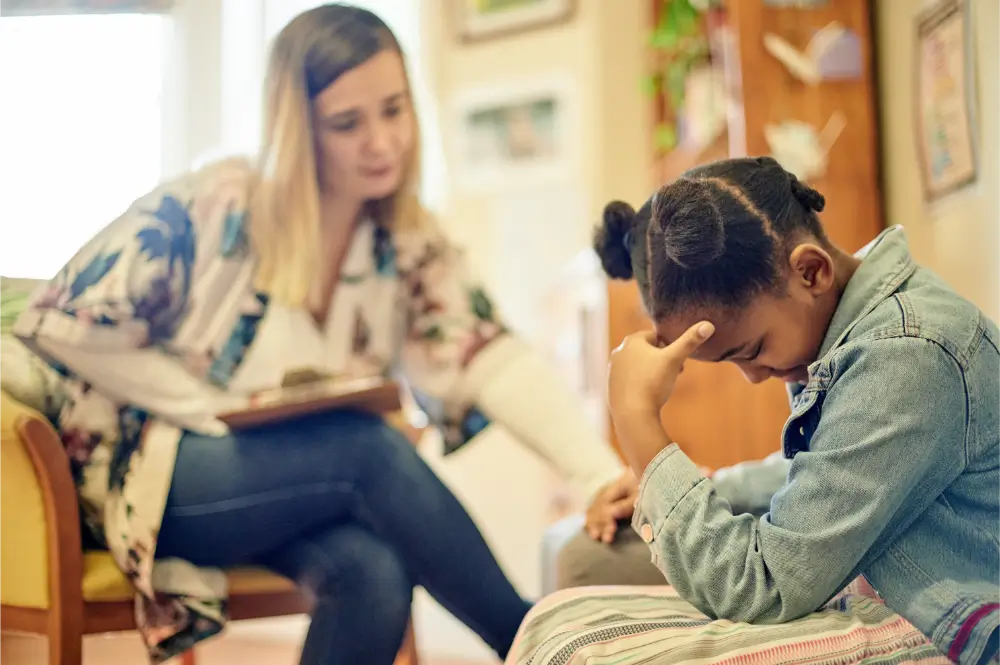
From the Handbook of Thanatology by the Association for Death Education and Counseling (The Thanatology Association)
Family counseling typically refers to counseling working with all or most of the family as a unit. We strive to create a community where children, teens and their family members are provided with grief counseling, support, and resources at any phase during their grief journey. You are not alone. We are here for you.
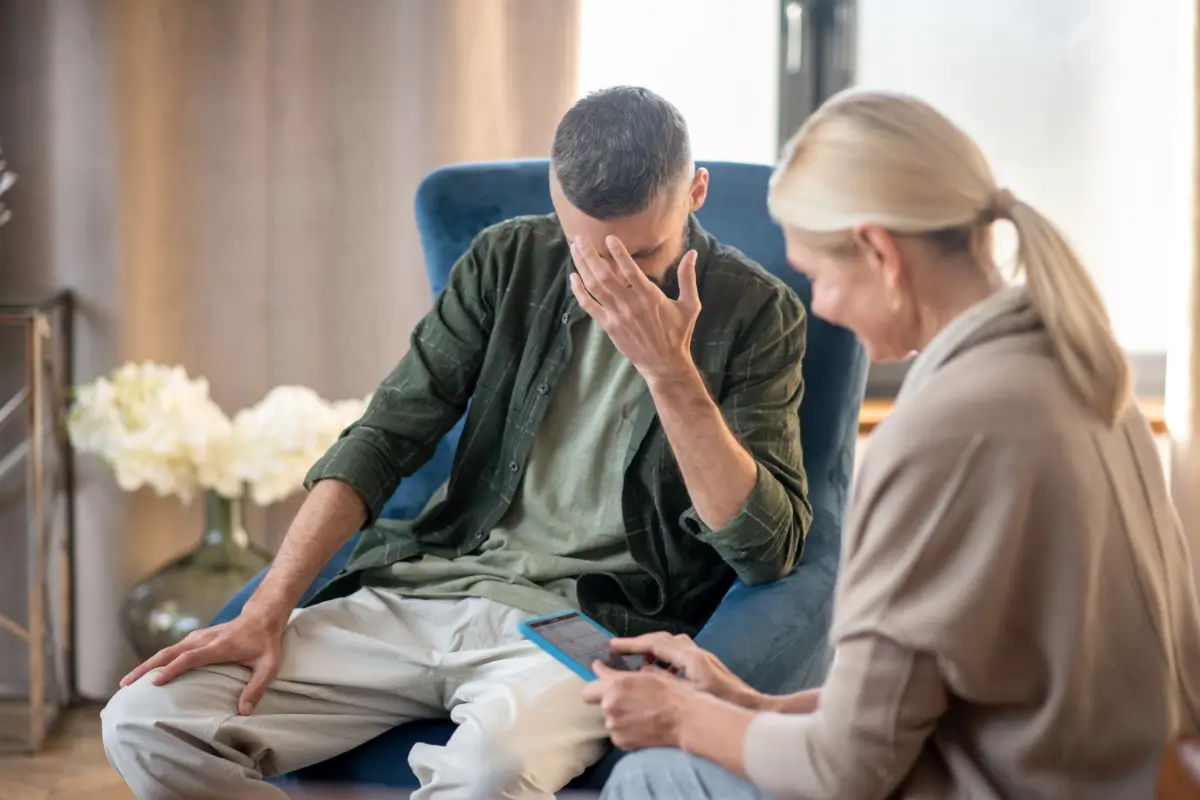
Grief support groups are a structured meeting where individuals experiencing grief can come together to share their experiences, receive support, make new connections, learn local resources and learn new coping strategies. It is a safe space to process their emotions and navigate the challenges of bereavement.
We would like to welcome you to our center where you can meet us and take a tour of our center and grounds.
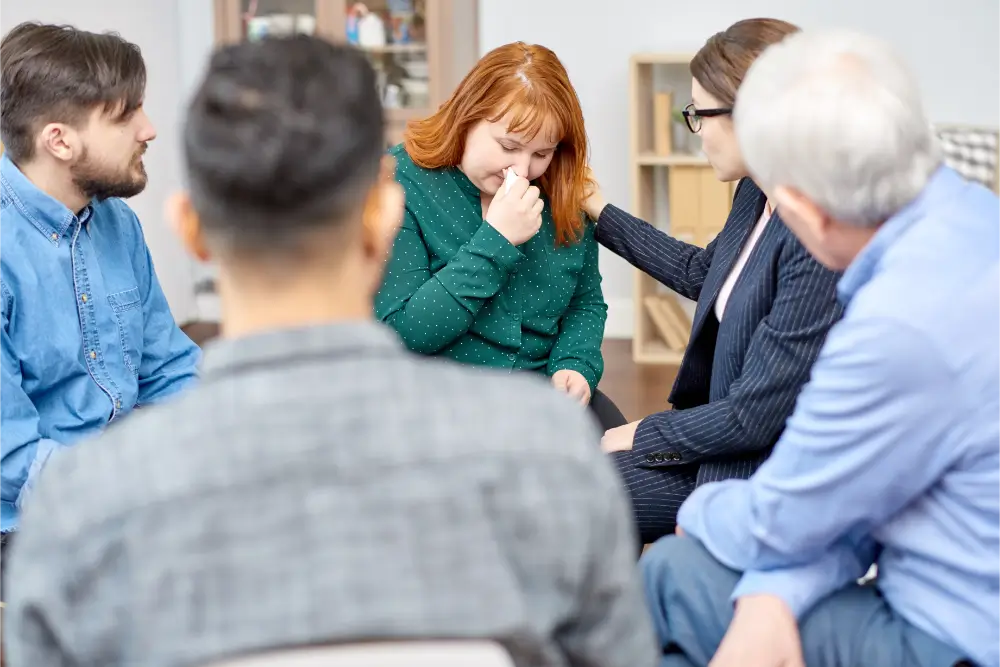
I work with a wide variety of clients worldwide with many diverse backgrounds. I like working with loved ones of LGBTQ individuals and families to help them witness hope emerge while traveling their journey through grief.
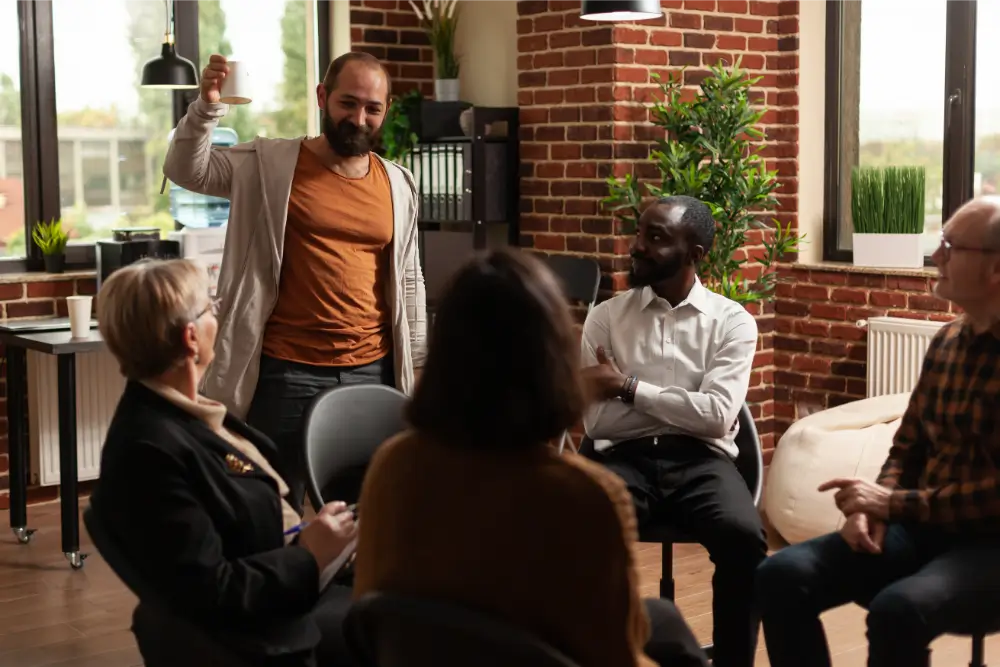
When you feel ready to talk, we’re here to listen. Reach out and let us support you through this difficult time with compassion and care.
